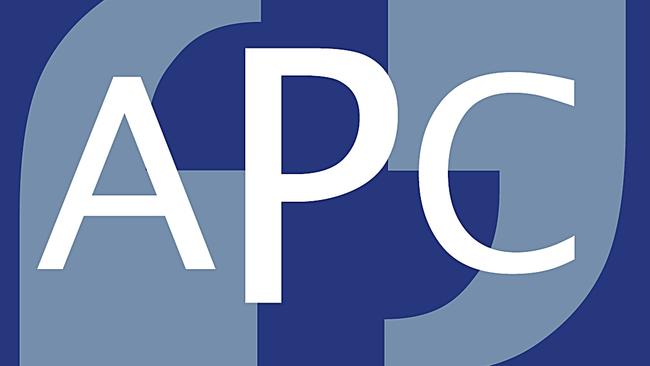Press Council Adjudication
THE Press Council has decided its Standards of Practice were not breached by an article concerning terrorist propaganda.

The Press Council considered whether its Standards of Practice were breached by an article published in news.com.au on 31 May 2017, headed “Islamic State [IS] terror guide encourages luring victims via Gumtree, eBay”.
The opening paragraph read: “ISLAMIC State has released a step-by-step guide on how to murder nonbelievers, which includes how to lure targets via fake ads on Gumtree and eBay”. The article proceeded to relay in detail how an article in “[t]he latest edition of the terror group’s English-language propaganda magazine … encourages would-be terrorists to advertise products on second-hand selling sites … to lure victims and assassinate them”. The article mostly comprised extracts from the source material describing the steps one would take to perform such acts.
The Council asked the publication to comment on whether the material breached its Standards of Practice, in particular, whether the publication took reasonable steps to ensure it avoided causing or contributing materially to substantial offence, distress or prejudice or risk to public health or safety (General Principle 6), unless doing so is sufficiently in the public interest.
The publication said the article was published with the intent of providing readers with an insight into how IS operates. It said it has, along with other publishers, published countless stories about the workings of IS and their strategies since they rose to prominence and there was no intention to encourage terrorism or support for IS, but rather to discourage it.
The publication said shortly after the article was published, a federal government department notified it that the Classification Board designated the material Refused Classification (banned content). The Board was of the opinion that notwithstanding being a news article, the limited author text and overwhelming reliance on detailed references and substantial verbatim quotations from the terrorist propaganda magazine indirectly provided instruction on the doing of a terrorist act, pursuant to section 9A (2)(b) of the Classification (Publications, Films and Computer Games) Act 1995. The publication said after receiving this notice, it immediately removed the article and any associated traces from its website, and alerted staff to the decision and relevant legislative section, about which it was not aware. It said the effect of the Board’s decision was to provide a legal direction for the publication to remove the material, without affording it an opportunity to defend the article on public interest grounds.
The publication ultimately said that it took reasonable steps to ensure the published material did not cause a substantial risk to public safety and nonetheless, it was justified in the public interest. It said the impetus for the article was to advise readers that IS was trying to infiltrate Australia using everyday networks. The public interest pertained to public safety and national security, preventing crime, and the legitimate right of an independent media to provide the public with reliable information particularly on situations which could put them at risk of attack. It said there is actually greater risk to public safety from the public not knowing the intentions and strategies of IS to target Australians for attacks.
Conclusion
The Press Council considers that the article did publish much of the source material from IS verbatim, with limited author input and accompanying analysis or context, such as comments from experts and websites such as Gumtree. The Council accepts there was no intention to encourage or support terrorism, but considers that republishing content from terrorist entities in this manner can perpetuate the purpose of such propaganda and give publicity to its ideas and practices.
However, the Council accepts the public interest in alerting readers to potential risks to their safety. The Council considers that on balance, the public interest in alerting readers to the dangerous content of the terrorist propaganda and its instructional detail was greater than the risk to their safety posed by the publication’s effective republication of terrorist propaganda content. Given this, the Council concludes that the public interest justified publication of the article. Accordingly, the publication did not breach General Principle 6.
The Council notes that great care needs to be exercised by publications when reporting on terrorist propaganda to ensure that public safety is not compromised. In particular, effectively republishing source material comprising instructional detail in how to carry out particular terrorist acts could pose a risk to public safety, and reasonable steps should be taken to prevent such an outcome.



